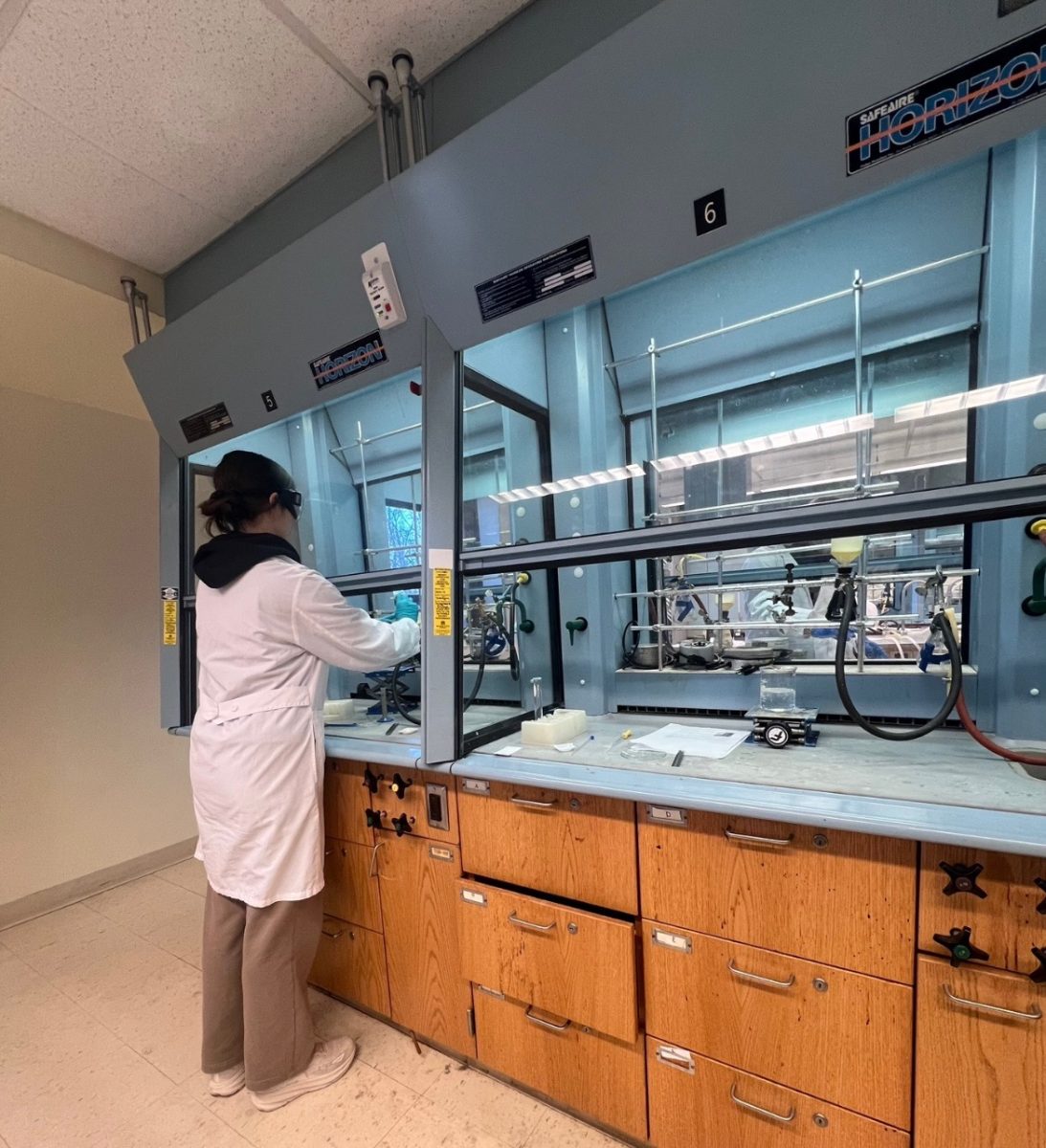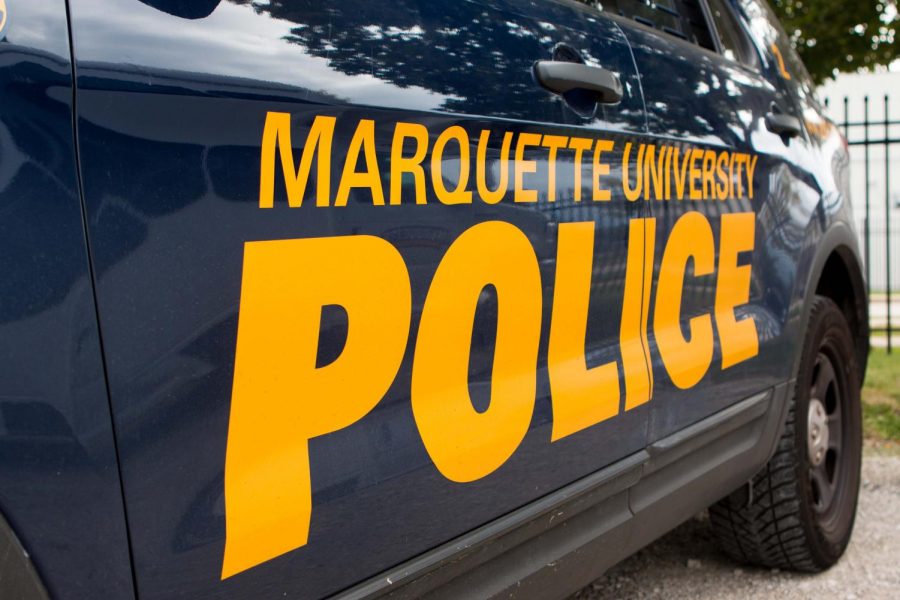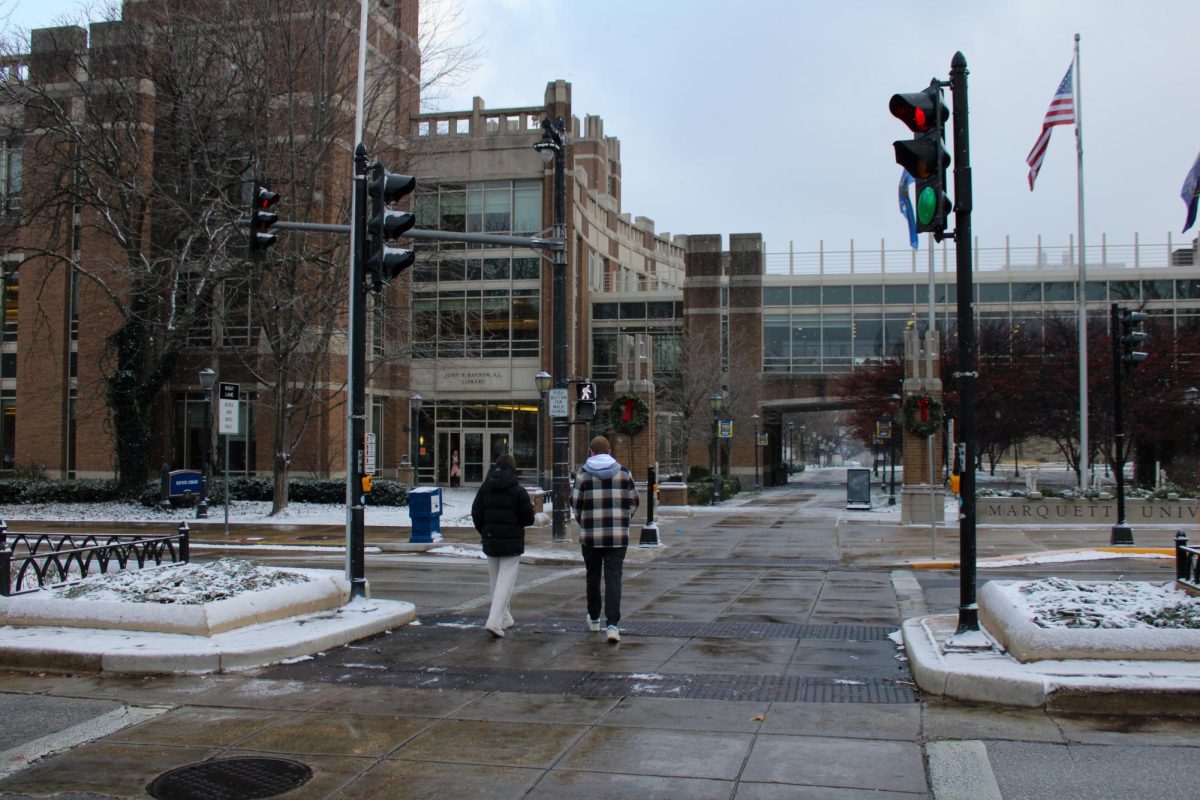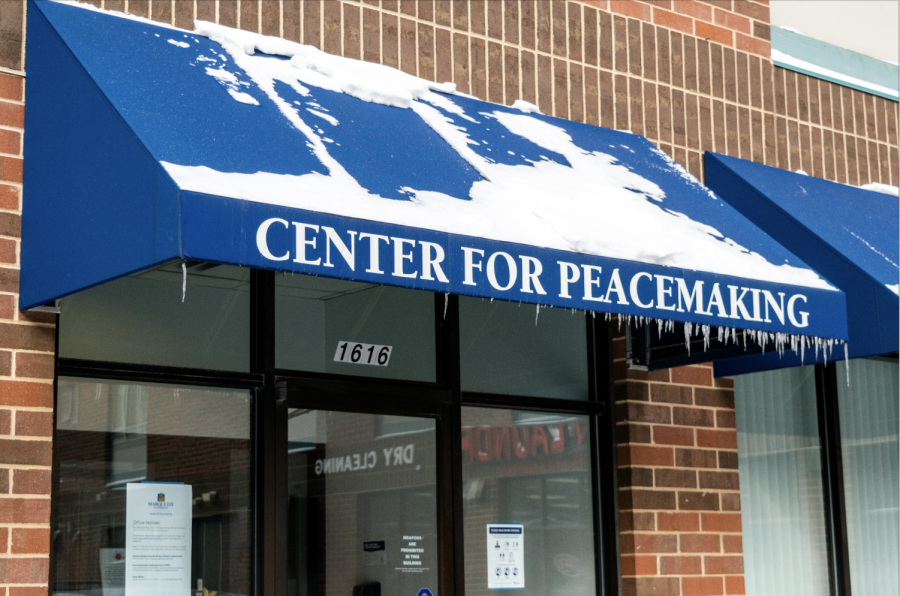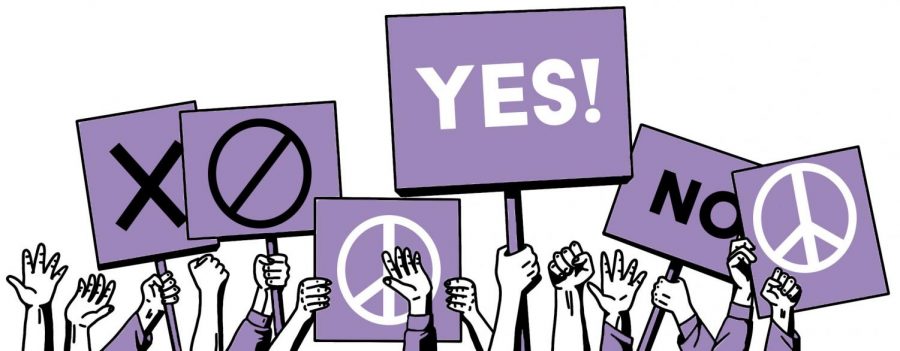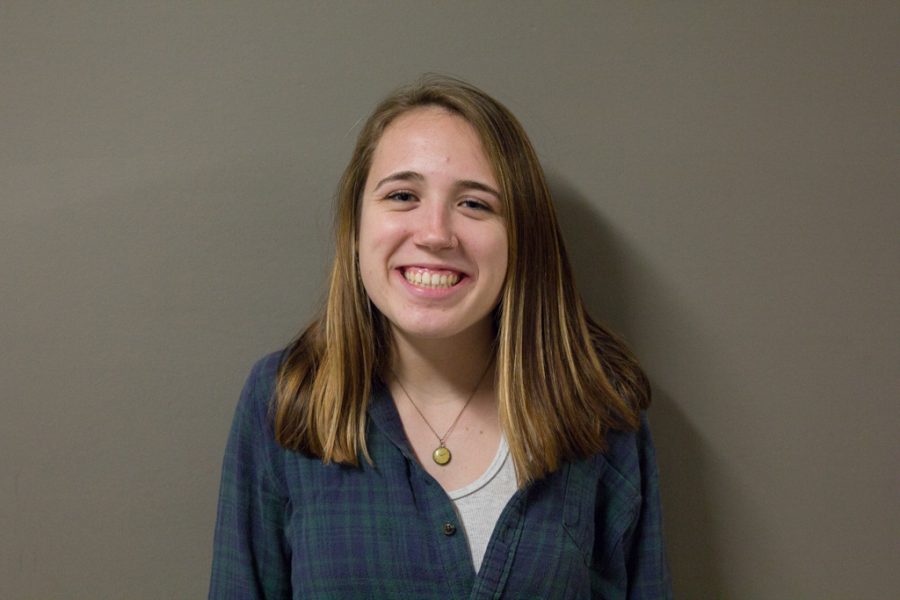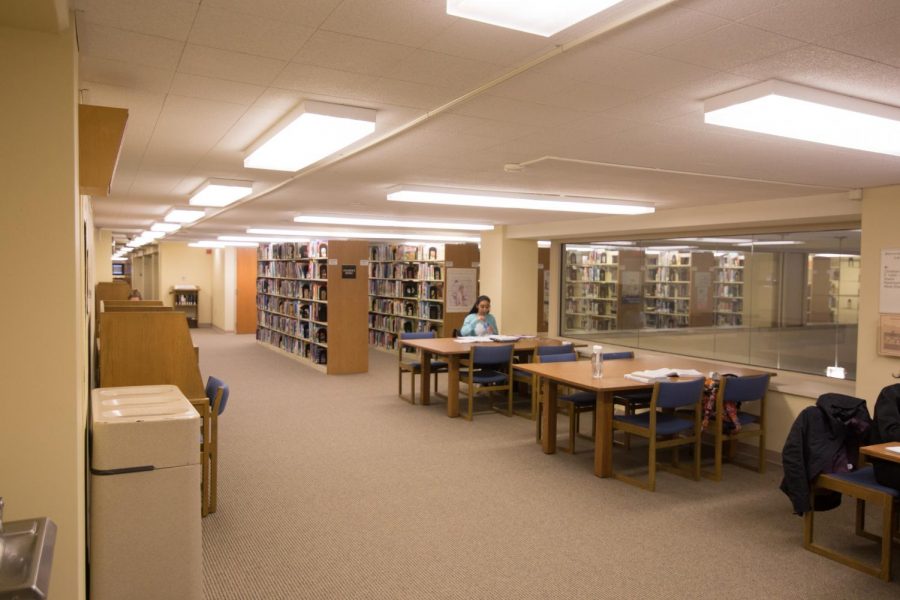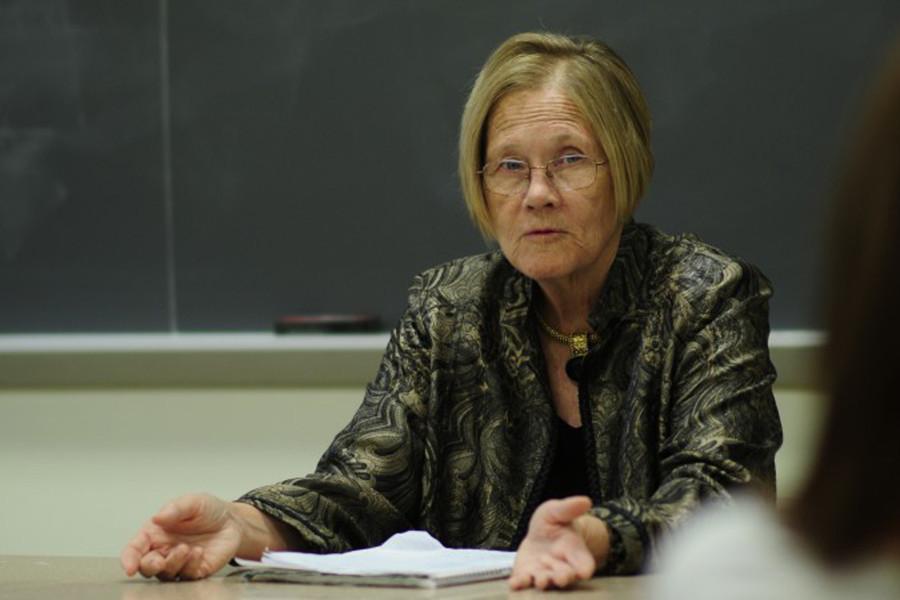Continuing a six-year tradition, the Center for Peacemaking hosted Libby Hoffman, the founder and president of Catalyst for Peace, as the 2013 Peacemaker in Residence last week.
Hoffman’s organization specifically focuses on community-based outreach with regard to reconciliation. She spent the past few years in Sierra Leone working on bringing together communities that were directly impacted by the eleven-year civil war.
Patrick Kennelly, associate director of the Center for Peacemaking, said the center was partially inspired to bring Hoffman here after hosting Sara Terry, a documentary director, last year. Terry directed and produced “Fambul Tok,” a movie about Hoffman’s work in Sierra Leone. During her time on campus, Terry screened the full documentary. Part of Hoffman’s presentation showed an epilogue to the movie.
Hoffman’s stay culminated with a presentation of her work in Sierra Leone, where the organization she co-founded, Fambul Tok, helped rebuild communities torn apart by the 11-year civil war through more culturally traditional means. Hoffman said the attempts at setting up a more formal National Court left many citizens feeling they had no part in the justice system.
The organization, whose name translates to “Family Talk” in the native language of Sierra Leone, helps communities practice restorative justice and reconciliation through large communal campfires. The concept is based on a traditional form of reconciliation in the culture. At the campfires, victims and perpetrators who live in the same villages come together to reconcile, helping the communities move on from the violence.
The idea for the communal bonfires came from the fallout from other attempts at finding justice within the country after the war. Hoffman said those being investigated for various crimes were offered blanket amnesty, which gave no incentive for perpetrators to testify.
“Ordinary people had no access and no connection (to the system),” Hoffman said in her presentation.
Joining with John Caulker, who was already working on reconciliation in Sierra Leone, Hoffman helped inspire local communities to take part in their own ceremonies. This gave citizens a chance to ask for forgiveness from those whom they had injured and to be forgiven.
Ultimately, the bonfires were the first step on the road to communal healing.
“The bonfire is the beginning, not the end of the process,” Hoffman said. “The follow-up events go on for months, allowing the communities to cement the process.”
In her presentation, Hoffman discussed some of the core assumptions her organization brings into a community prior to engaging it in reconciliation techniques. The first and perhaps most significant is the idea that the answers must come from the community itself for any program to have success.
Those who attended the presentation were impressed with Hoffman’s work.
Mary Rose Gietl, a senior in the College of Arts & Sciences, said she enjoyed the presentation and found Hoffman inspirational.
“It was eye-opening,” Gietl said. “It’s a new way to approach justice.”
The mission of the Peacemaker in Residence is to help the Marquette community explore the power of non-violence and advance conversations about real-world solutions to troubling problems. For part of the week, residents spend time in classrooms talking to students interested in their fields of experience.
Kennelly said speakers normally have both a theoretical approach and some real-world experience.
“They use their knowledge and experience to help improve the world,” Kennelly said. “They help create communities that are easier for people to live in.”
Past residents include Jim Douglass, who applies Catholic theology to peacemaking in the United States, and Nomfundo Walaza, who works in South Africa and spoke about her work in reconciliation there.


